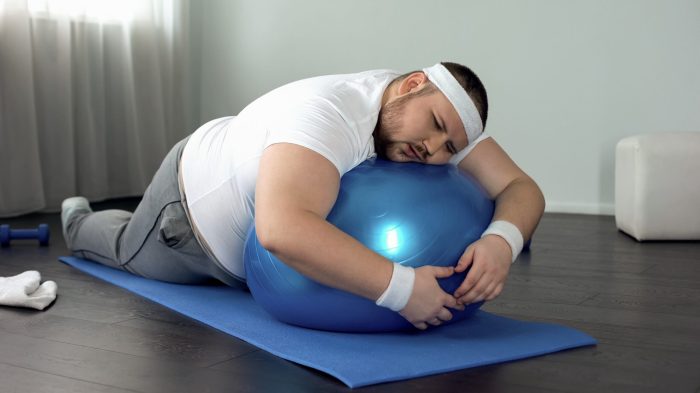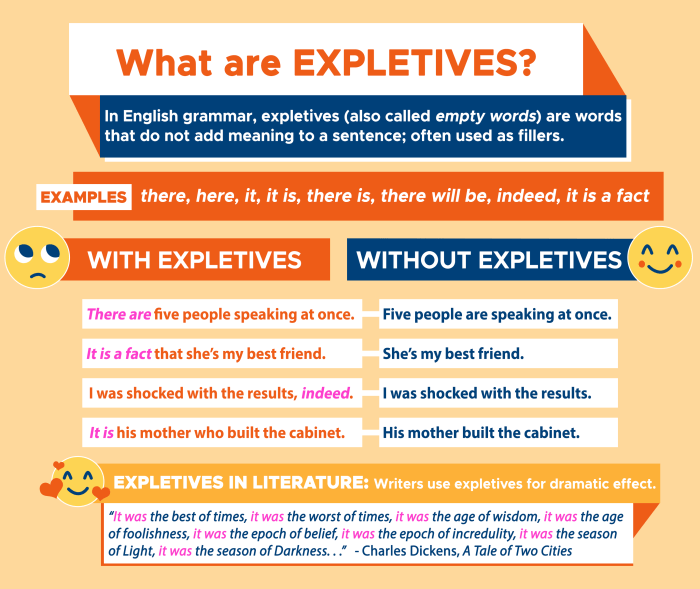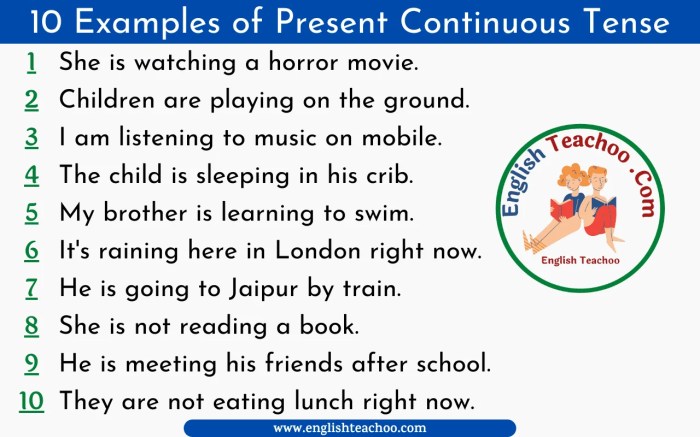Over using to be verbs can weaken a sentence – Overusing “to be” verbs can weaken a sentence, diminishing its impact and clarity. These verbs, such as “is,” “are,” “was,” and “were,” serve a grammatical purpose but can become excessive, leading to passive and unengaging writing. Understanding the role of “to be” verbs and exploring alternatives can enhance sentence strength and create more dynamic and effective prose.
The overuse of “to be” verbs disrupts sentence flow, making it less engaging and harder to read. Sentences become cluttered with unnecessary words, obscuring the main idea. Additionally, “to be” verbs often create passive voice, which can weaken the impact of a sentence and make it less direct.
Using “To Be” Verbs

Verbs are words that describe actions, states, or occurrences. “To be” verbs are a special type of verb that link the subject of a sentence to a noun or adjective. Common “to be” verbs include is, am, are, was, were, has, have, and had.
“To be” verbs play a crucial role in creating passive voice, where the subject receives the action rather than performing it. For example, in the sentence “The ball was hit by the boy,” “was hit” is in passive voice because the ball (subject) is receiving the action of being hit, rather than performing the action of hitting.
Overuse of “To Be” Verbs, Over using to be verbs can weaken a sentence
While “to be” verbs are essential for certain constructions, overusing them can weaken a sentence. When “to be” verbs are used excessively, they can make sentences sound passive, vague, and lacking in impact.
Overusing “to be” verbs can also disrupt sentence flow and make it difficult for readers to follow the narrative. For example, consider the following sentence: “The car was red and the sky was blue.” This sentence is grammatically correct, but it lacks the vividness and clarity of a sentence that uses stronger verbs, such as “The car gleamed crimson beneath the azure sky.”
Alternatives to “To Be” Verbs
To strengthen sentences and avoid overusing “to be” verbs, consider using strong action verbs instead. Action verbs describe specific actions or occurrences and add vitality to sentences. Some common action verbs include run, jump, think, feel, and say.
By replacing “to be” verbs with strong action verbs, you can improve sentence strength and clarity. For example, instead of writing “The students were excited,” you could write “The students erupted in cheers.”
Using “To Be” Verbs Effectively
While it is important to avoid overusing “to be” verbs, there are situations where they are appropriate. “To be” verbs should be used sparingly and effectively, particularly when they are necessary for creating passive voice or expressing a state of being.
For example, the sentence “The book is on the table” is grammatically correct and uses “to be” verbs effectively to indicate the location of the book. However, in the sentence “The car was driving down the street,” the use of “was driving” is unnecessary and could be replaced with a stronger action verb, such as “sped.”
FAQ Summary: Over Using To Be Verbs Can Weaken A Sentence
What are “to be” verbs?
Verbs that describe a state of being, such as “is,” “are,” “was,” and “were.”
Why is overusing “to be” verbs problematic?
It weakens sentences, creates passive voice, and disrupts sentence flow.
What are alternatives to “to be” verbs?
Strong action verbs that convey a specific action or state, such as “run,” “think,” or “feel.”

